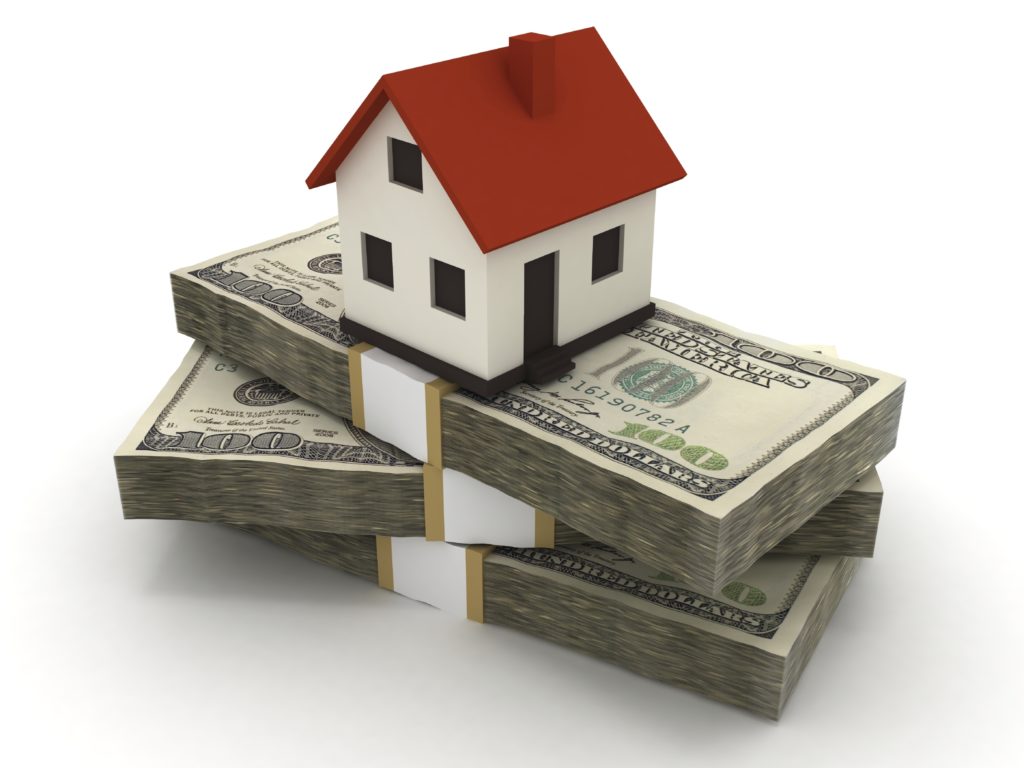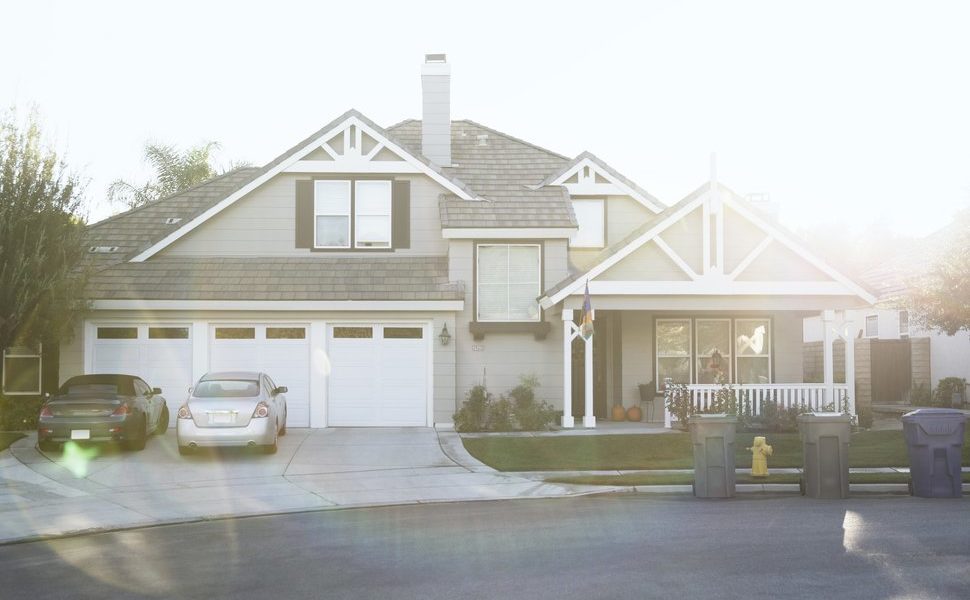The Hidden Costs of Buying a Home
A home in Upper Providence, Pennsylvania, about 15 miles west of Philadelphia’s heart, tugs at you. Its stone facade guards a three-bedroom, three-bathroom interior, which opens to a deck and a verdant backyard. It is the ideal home, the one you envisioned during your search. Its price: $500,000.
Together with your real estate agent, you pen an offer to the seller. He accepts it; the house goes under contract. Thus commences a process that will sap thousands of dollars before the key to your new address drops in your palm.
Some expenses will squarely fall upon the seller, and others you will split. Yet others will be your sole responsibility.
Here is what you can expect to pay when you buy a home:
- Down payment, if you finance the purchase.
- Loan origination fee.
- Mortgage insurance.
- Appraisal.
- Survey and title search.
- Inspection.
- Earnest money.
- Transfer taxes.
- Deed and mortgage recording fees.
- Escrow.
- Title insurance.
Securing a Mortgage
Down Payment

You make a down payment of $100,000 or 20% of the abode’s value, leaving you with a $400,000 loan; a conventional 30-year, fixed-rate mortgage. You agree to an interest rate of 4.25%.
“The lender you go to for a standard 30-year, fixed type loan is not going to matter,” says Jerry Anderson, vice president of residential lending at Alliant Credit Union. “What does matter then is what service you are getting, what technology are they offering and, of course, what are their rates and fees.”
In late June, the average interest rate, according to Freddie Mac Primary Mortgage Market Survey, stood at 3.84%. But lenders – major banks, credit unions and mortgage brokers – oscillate around that figure, offering different packages.
Some may charge a higher rate but extend a lender credit or funds to offset some of your closing costs. Others may agree to a lower interest in exchange for points, or money you shell out to, essentially, buy down the monthly rate.
Loan Origination Fee

No matter what interest rate you ultimately lock, there is a slew of expenses you will owe the lender. For the mortgage on the Upper Providence house, you pay a $4,000 origination fee, which covers processing your application, underwriting and funding the loan, according to home cost calculations provided by Guy A. Matteo, associate broker with Re/Max Preferred Realtors in Newtown Square, Pennsylvania.
Varying between 0.5% and 1% of the borrowed amount, origination fees, along with other mortgage closing costs, appear on the loan estimate. Your lender must provide you the loan estimate within three business days of receiving your application. This obligation stems from the tightened financial regulations that emerged after the Great Recession.
Because of it, “the buyer will know in advance, before they even do an inspection or pay for an appraisal, what the cost associated with buying a property (is) roughly going to be,” says Sally Shiekman, real estate agent and certified residential specialist with Aspen Snowmass Sotheby’s International Realty in Aspen, Colorado.
Mortgage Insurance

If you were to secure a loan where you would pay less than 20% of the purchasing price as a down payment, you would need mortgage insuranceto mitigate the risk to your lender.
Paid at closing or billed into the monthly outlays, this is obligatory for Federal Housing Administration loans to first-time homebuyers, who may pay as little as 3% of a house’s price upfront, as well as for Department of Veteran Affairs mortgages that command no down payment.
Third-Party Fees
Appraisal

Before any lender signs off on a loan, they demand an appraisal. Carried out by a third-party professional, it constitutes a disinterested evaluation of a home’s worth.
For the Upper Providence home, it costs you $375, per Matteo’s calculations. The appraisal presents an assessment that, if you default on your payments, the lender can recoup the borrowed amount by selling the house, which serves as collateral for the loan.
“Appraisals are becoming more and more technology-driven,” Anderson says. Due to the availability of data, he says, Fannie Mae and Freddie Mac, the government-sponsored mortgage enterprises that buy most home loans, may be able to determine some houses’ values without traditional appraisals.
Survey and Title Search
While not universally required, surveys are another means for lenders to verify the soundness of a property as a loan security. Sometimes also encompassing a title search, or an investigation into a property’s ownership, mortgage surveys examine land and structure boundaries against their descriptions on legal documents.
Inspection

Unlike surveys, inspections focus on the integrity of a home. The home inspection of your Upper Providence residence clocks at $500, which is about average for a standard service.
While some inspections may be only sensible in certain locales – termite, lead-paint or radon inspections, for instance, depend on how prevalent such issues are locally – others are almost obligatory in any instance.
In North Carolina, where broker and owner of Wanda Smith & Associates, Tony Smith, operates, “the typical inspections are going to be mechanical, which is heating, electrical and plumbing, and structural inspection and a pest inspection,” he says.
After an inspection, you may request the seller make certain repairs, contribute credit for such or even lower the home’s price. If a compromise fails to emerge, you might abandon the contract, obtaining any earnest money – a prepaid, good-faith deposit on the house – back.
Transfer Taxes

If the transaction inches forward, though, at closing, transfer taxes materialize. Calculated as a percentage of the sale price, this kind of a fee – a sales tax on real estate – widely differs across the nation. So does who pays them.
“In the Commonwealth of Pennsylvania, the transfer tax is negotiated but traditionally half of it is paid by the buyer and half of it is paid by the seller,” Matteo says.
The transfer tax on the Upper Providence residence clocks at 3% of the selling price, portions of which stream to the state, the school district and the township.
Deed and Mortgage Recording Fees
Deed as well as mortgage recording feesare also due at closing, which, depending on the state, could be arranged by either an attorney or a title company. Together, they cost you $227 for the Upper Providence house.
Pre-paid costs
Escrow

Set up at closing, escrow accounts hold funds for property taxes and homeowners insurance. If the tax due date has passed at settlement, you will reimburse the seller for levies already paid. Conversely, you might receive credit from the seller to cover the tax for the months he or she occupied the house.
The escrow account also contains homeowners or hazard insurance, which, in some jurisdictions, the seller may cover. This is not the case in Pennsylvania, however, where, at closing at the end of July, you set $2,670 in escrow and give $6,399 to the seller for already paid county, municipal and school district property taxes.
Title Insurance

Another sort of insurance you need is title insurance, which shields you and the lender in case disputes about the house’s ownership arise. While in some states the seller ponies up a portion of it, in Pennsylvania, the buyer pays it in full.
The title insurance on the Upper Providence property is $3,728, according to Matteo’s calculations, including endorsements that tailor the otherwise standard policy to your needs.
On the day you become the new owner of the $500,000 residence, you have amassed $27,307 in mortgage-related closing expenses, third-party costs, escrow funds and reimbursements to the seller. In addition, you parted with $100,000 for a down payment.
Yet, subject to local decrees, loan types and personal circumstances, Smith of Wanda Smith & Associates says: “The fees involved can very easily be more than the actual minimum down payment.”
